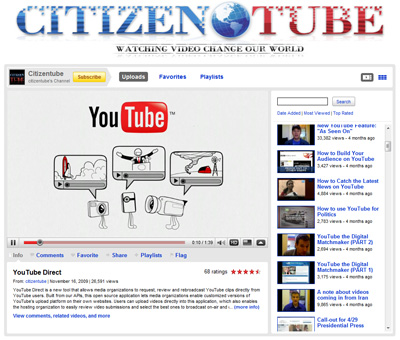My friend Geoff Kelly writes a regular online newsletter for leaders who want others to support their ideas. Go to http://www.kellystrategicinfluence.com.au and enter your name and email address in the subscription box.
We particularly like this month's post on leadership and communication. Thanks to Geoff for allowing it to be re-published here.
----------------
“Think like a wise man but communicate in the language of the people” William Yates, Irish Poet
2,000 year old wisdom guides today’s top leaders and communicators.
Did you know that this is the most over-communicated and over-informed society in history? Information is doubling every three years. Human capacity to take in information is not.
The internet now has over a trillion (a million million) unique URLs and is adding several billion pages a day. That makes it several billion pages a day harder for leaders to get attention and buy-in for their key strategies. Several billion pages a day harder to get prospects to notice and buy their products and services. Several billion pages a day harder to get traction with staff, suppliers, Government, shareholders and community leaders.
So what’s that got to do with leaders winning hearts and minds? Everything.
People behave according to the way their world occurs to them. Faced with the same circumstances, two people will buy differently, vote differently, and act in every other way differently based on how their world occurs to them.
Leadership implies followership – you can’t be a leader unless someone follows you. To achieve this you must influence (hopefully for their good and not for their disadvantage) the way they see some part of their world and circumstances.
So to lead followers to action in any arena, leaders must first get their attention, engage them in some way about their idea or strategy, and convert them to commitment and action over time.
If you fail to get attention in today’s communication blizzard,you fail.
This is why corporate leaders struggle to gain the support they need. They're losing sales, time and money, and often fail to connect with the people who matter most to them.
One in three of the CEOs who leave the largest publicly traded corporations in the world are fired for performance failures. Failing to earn crucial support is a major factor in CEO performance failures.
This is why Government leaders struggle to achieve traction with the community on key policies and regulation change. Political support is more volatile, with election results routinely reporting major swings in voting results. And leaders in Government bureaucracies are less influential than ever before with their political masters.
For most leaders, gaining attention and converting support now costs more money, takes more time and is less certain than at any time in human history. That is because they are poorly advised and doing what they see what most others doing.
For example, the average corporate website has more than two self-references a sentence. These are words that refer to the organisation in some way, including its staff, products and services, processes and words like I, we, our. Go to your next cocktail party and talk about yourself as much as that. You'll see a space open around you like Moses parting the Red Sea.
So why does common sense fail when we leave the cocktail party and move into the world of communicating business and Government to mass and niche audiences?
Leaders would do better to adopt the 2,000 year old wisdom of a Roman statesman. Cicero said:”If you wish to persuade me, you must think my thoughts, feel my feelings, and speak my words.” At the time Cicero was the most influential thinker in the most powerful civilization the world had known.
Who has the better chance of reframing the way someone sees his world – the modern day leader with his or her average self-centred web site and average self-centred communication program? Or the ancient orator who knew enough to think, feel
and speak from the perspective of his target audience?
Cicero knew he had to immerse himself in seeing the world as others saw it, so he could deeply understand what they really thought and how they really felt. Once he understood how they saw and felt about their world, he would craft his words and argument to reframe their world view. And he would use the language of his audience, because that was language that they understood.
As a highly educated Roman and a citizen of high rank, Cicero could have used any form of sophisticated language to express the most abstract concepts. However, he chose to understand his audience and communicate meaning and language that his audience would understand and relate to.
Great leaders throughout history have known the importance of winning hearts and minds to their cause. And they knew the secrets of how to do that. As do the best leaders today.So here is the surprising truth.
The most effective leaders communicate less and differently, rather than louder with more of the same. Less because they hit their target precisely.Differently because they resonate with more meaning, with more variety and with more credibility.
This is both a tragedy and an opportunity. Most leaders don’t get it, and until they do their influence and achievement in this world will be so much less than it might have been. The tragedy is that so many great ideas and achievements will die with them.
The opportunity is that it is all learnable. You can start where you are and learn and develop high level skills and achievements as a leader who can change your world by winning the hearts and minds of others to your strategy or idea.
Anyone can do this, but few will. That is the unfair advantage for the few who choose to be the change in their worlds.
Decide now to take this journey. The steps are simple, if not always easy. However the rewards that flow from becoming a high-impact leader are life-long.












